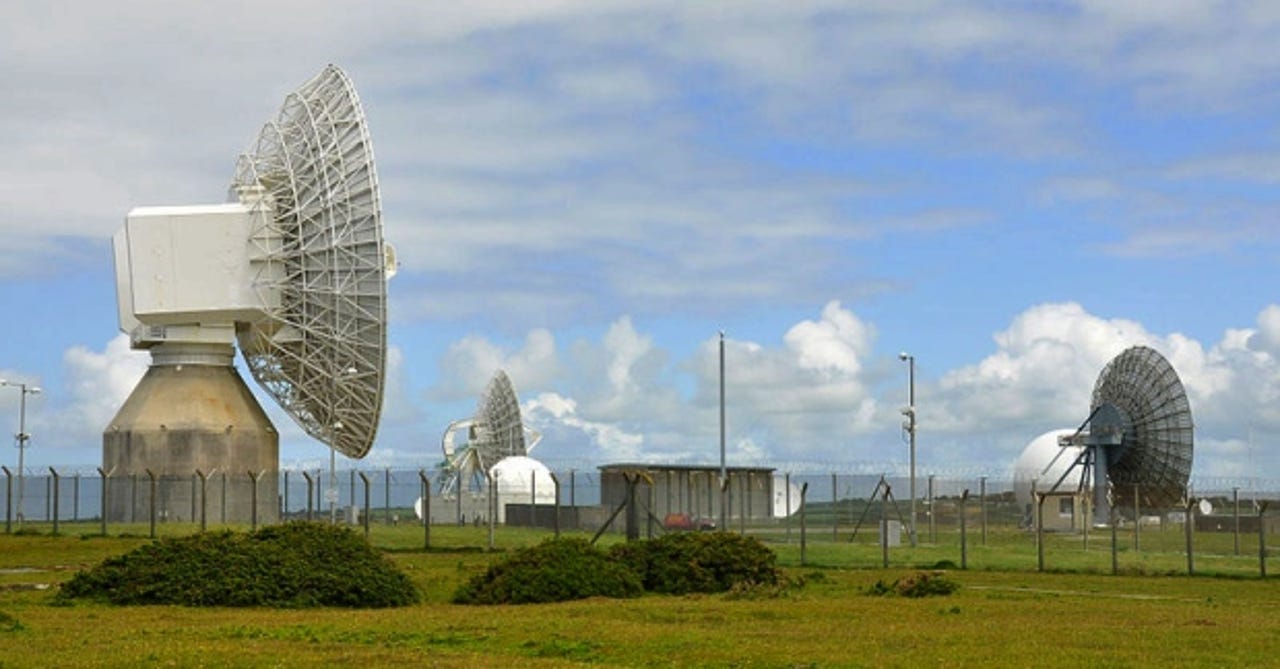Spy chief: UK cyber attacks at 'disturbing' levels

Cyber attacks against the UK government and its critical national infrastructure is at "disturbing levels", according to the director of Britain's electronics eavesdropping intelligence agency, GCHQ.
Iain Lobham, the director of the Government Communications Headquarters, which made a name for itself during the Second World War effort to crack the Nazi Enigma code, warned that the "UK's continued economic well being" was under threat.

Today, in a piece for The Timesnewspaper (subscription required), sensitive data on government computers, along with defence, technology and engineering firms, continue to be targeted.
"I can attest to attempts to steal British ideas and designs -- in the IT, technology, defence, engineering and energy sectors as well as other industries -- to gain commercial advantage or to profit from secret knowledge of contractual arrangements", he wrote.
There was one instance, he recalls, where there had been a "significant, yet unsuccessful" web-based attack on the Foreign Office computer systems, only within the past few months.
An email sent to three Foreign Office staff, that appeared to come from a colleague in the same office, actually originated from a "hostile state intelligence agency" that contained "code embedded in the attached document" which could have attacked the computer; a seemingly rudimentary method of electronic assault, yet nevertheless still often used for the weak-link human error factor.
GCHQ -- similar to that of the U.S. National Security Agency -- on a daily basis contends with hundreds of cyber attacks, both domestic and foreign, and is charged by government to act offensively against such attacks, whilst defensively to protect national infrastructure. The 'spy agency' works regularly with domestic security service MI5, and foreign intelligence service MI6, to prevent attacks on the mainland UK and British interests abroad.
Lobham's article comes ahead of a two-day conference in London on cyber security, with aims to bringing together political leaders and technologists from around the world, in a bid to solve some of the toughest e-crime and government security issues.
Foreign secretary William Hague, the cabinet minister in charge of the Foreign Office where some of the cyber attacks happened, told The Timesthat there was an "exponential" rise in such attacks, with particular data-intensive databases pertaining to 'National Insurance' (social security) and tax systems "liable to attack".
The BBC notes that the UK's Ministry of Defence thwarted more than 1,000 cyber attacks in the last year alone, from criminals to foreign intelligence services. The Guardian also added that the UK's Serious Organised Crime Agency, which made headlines earlier this year after it came under attack by hacktivist group LulzSec, prevented over £300 million ($480 million) of credit card fraud, according to Hague.
Britain is to invest more than £650 million ($1 billion) in bolstering e-security over the next four years of the current parliament.
Related: